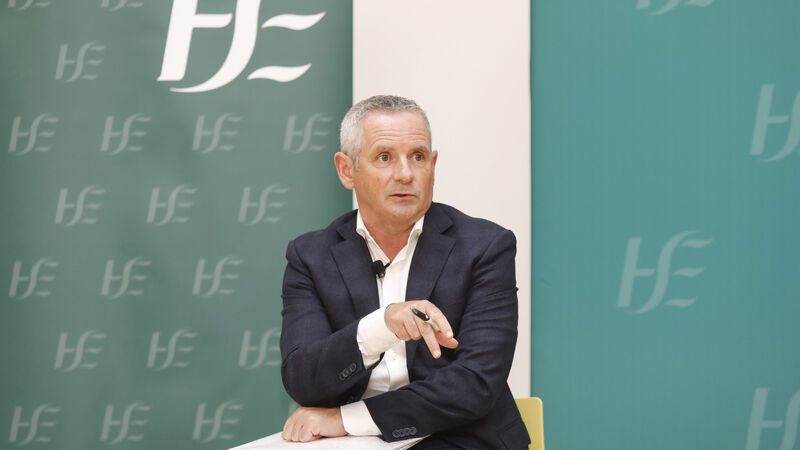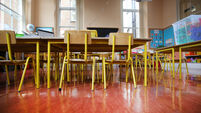Schools closures in the event of a Covid outbreak should be a 'last resort', according to the HSE

It is hoped that closing schools as a result of a Covid-19 outbreak will be a last resort rather than an automatic reaction, the HSE’s latest operational briefing has heard.
With schools across the country re-opening this week, much of the focus from the HSE On Thursday was on how the inevitable outbreaks within educational settings will be managed.













